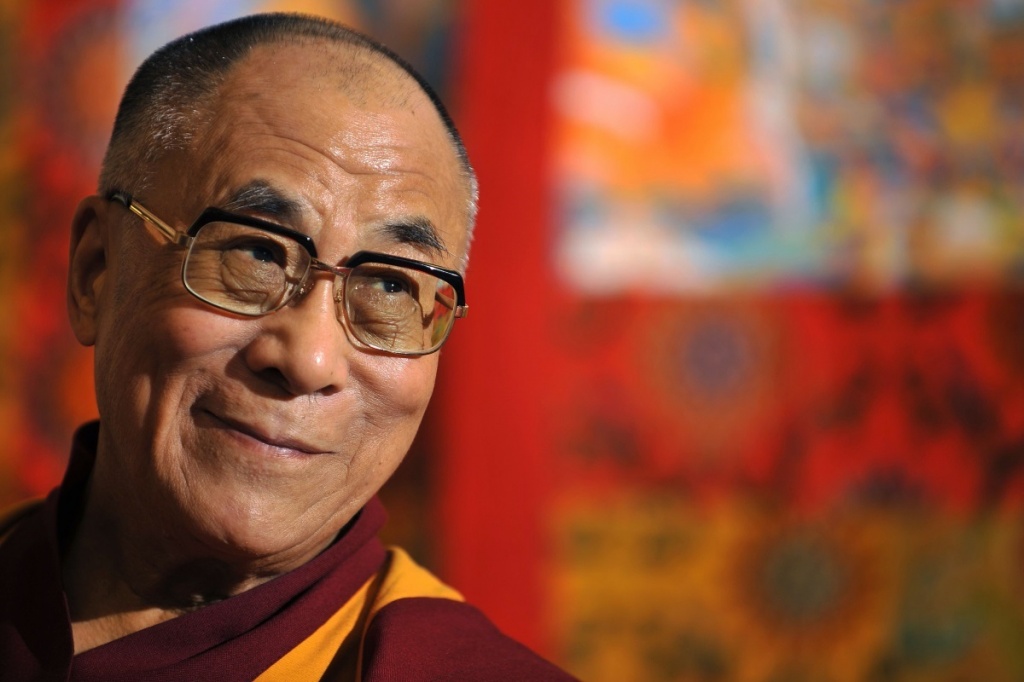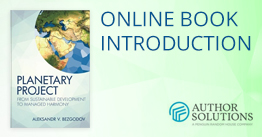World of Harmony

10/04/2016
Recently I heard Dalai Lama speaking about compassion. He said that till the moment human mind is full of compassion there is a hope for harmony among people, of different religion & of different civilizations. Only when the negative feelings creep in like "indefference" that we need to worry.

I was reminded of this saying from my moral science class in Class VI.
Dalai Lama went on to speak lengths about China, Tibet & how was he the longest guest of IndianGovt and how was he the true son of India. The basic idea of Nalanda teachings, as he claimed, made India an unique place where all cultures, religion co exist in harmoney. That's what is the true idea of our planetary project too.
We take in prejudice slowly and silently through socialization. Nobody is born prejudiced against one group. It is socialization which makes us part of the systematic oppression of certain groups of people. But because we learn prejudice, we can also unlearn it. Liberating our minds is a worthwhile effort and is our own responsibility.
When we as individuals begin to fight oppression in the everyday lives of other people, we add to our collective strength of dissolving the hatred that creates hells such as the communal riots. Here are a few ways you can fight oppression and practice political consciousness and communal harmony in your everyday life.
1. Introduce Your Friends to Each Other
As is basic human psychosociology, we connect with people by finding out if we’re similar or not. And in the 11th grade, my friend didn’t think she had anything in common with anybody who had a Muslim-sounding name. They were “other.”
A few years later, I introduced her to a very good friend of mine who is a Muslim. I feared she would come with whole lot presumptions. But after sharing a nice lunch and laughing over the same jokes, she told me, “He’s so interesting and funny!”
That was a big shift in her attitude.
Sure, that afternoon may not have undone all forms of prejudice. But humanizing the people from other communities goes a long way in eradicating the idea that they are inherently different, and therefore threatening.
So, throw a lunch or dinner party and invite your friends from all religious and cultural backgrounds. Share the story of how you met them.
2. Acknowledge Your Privilege
To understand oppression in other people’s lives, it is important to recognize ways in which we aren’t oppressed. Whether you are a practicing or a non-practicing Hindu/Muslim/Christian, as long as you are viewed as part of the majority in your country, you benefit from that position. You don’t have to feel bad about it (in fact, privilege guilt is extremely counterproductive), but you have to recognize that political, social, and economic structures are biased towards you regardless.
3. Be ready for surprises
We are always uncomfortable to unlearn things about the world. But it is often by unlearning that we find out more about the world because we let things simply be instead of molding them into how we’ve learned they should be.
Often when we meet somebody who belongs to a different religious background, we expect them to be extremely religious and conservative, or to embody the stereotypical depiction of that religion. And since we usually don’t make an effort to get to know them any better (see #1), we don’t question this expectation — we just accept it as true.
But they might be agnostic or atheistic. Maybe they’re as religious or non-religious as we are. Every religion is made up of diverse, complex people — so we shouldn’t be surprised when we see that complexity in individuals!
Surprises can be uncomfortable, but they change something in us. And when a steady dripping of close-minded attitude keeps trying to rust away at our belief systems, change can be a very good thing.
4. Don’t Judge Others by Their Clothing
To assume people’s personalities and life situations based on the stereotypes associated with their clothing is not only a narrow-minded outlook, but is also dehumanizing and disrespectful towards those people.
5. Talk about religious discrimination & minority Oppression.
If we aim to build a community that has a strong sense of moral certainty on human rights issues, then it is important to express condemnation and to show defiance. For most people, getting the word out comes from a deep sense of responsibility towards the global community.
No, talking about it won’t directly change the situation or remove the problem, but it is always the first step toward change in any course of action.
Our project is all about harmony. Planetary project aims to remind people from different walks of life, the simplest of the things, such as:
Because we all share this planet earth, we have to learn to live in harmony and peace with each other and with nature. This is not just a dream, but a necessity. Happiness is when what you think, what you say, and what you do in harmony.( Dalai Lama & self thought)
We are all equal in the fact that we are all different. We are all the same in the fact that we will never be the same. We are united by the reality that all colours and all cultures are distinct & individual. We are harmonious in the reality that we are all held to this earth by the same gravity. We don't share blood, but we share the air that keeps us alive. I will not blind myself and say that my black brother is not different from me. I will not blind myself and say that my brown sister is not different from me. But my black brother is he as much as I am me. But my brown sister is she as much as I am me.
Always aim at complete harmony of thought and word and deed. Always aim at purifying your thoughts and everything will be well.( Mahatma Gandhi)









